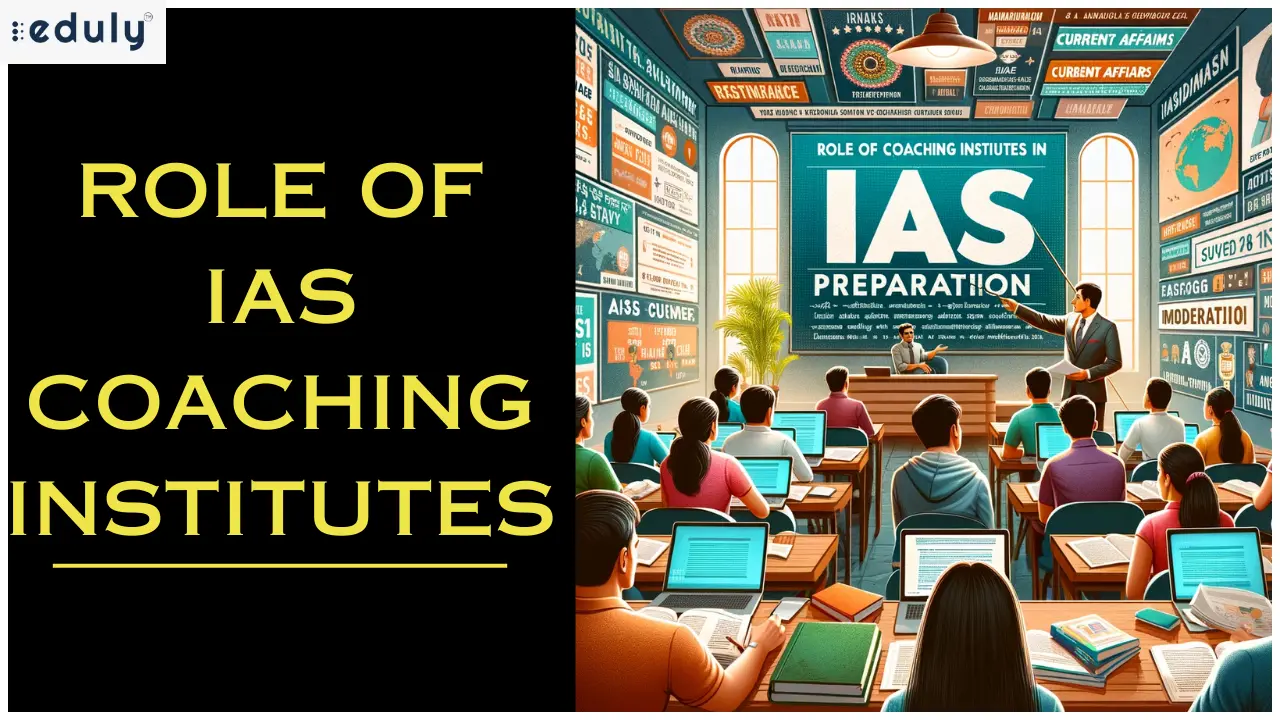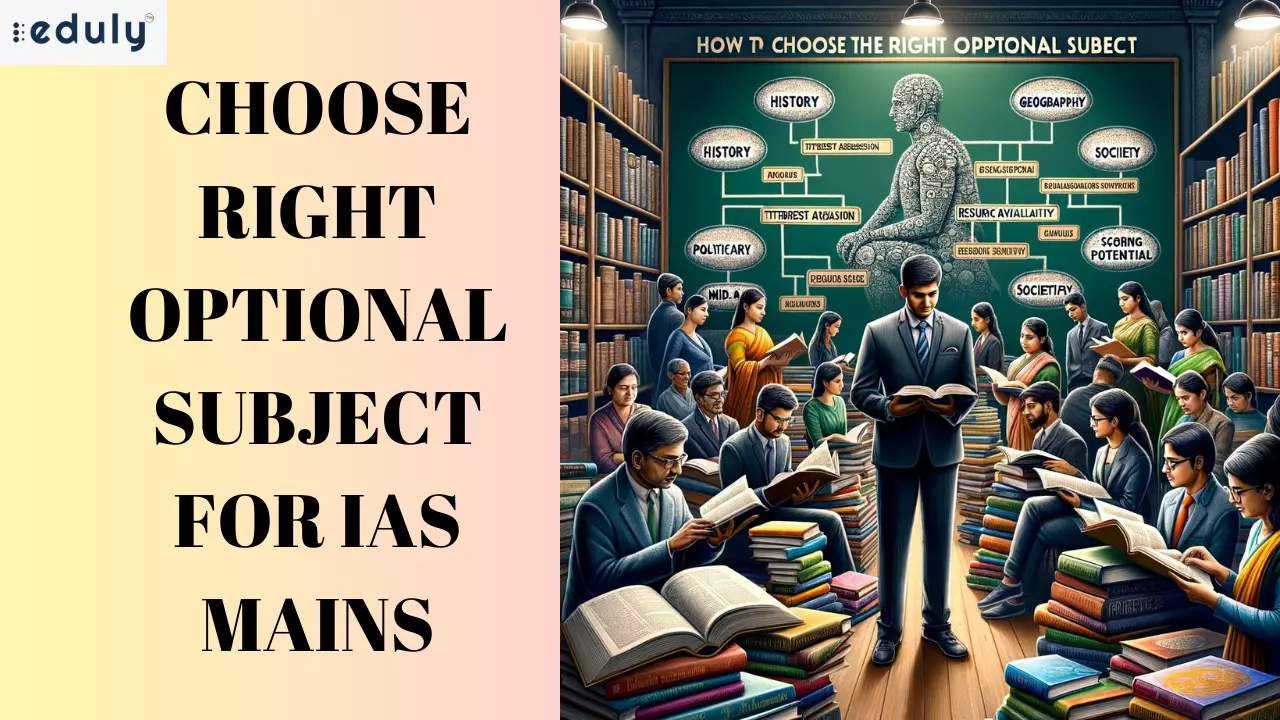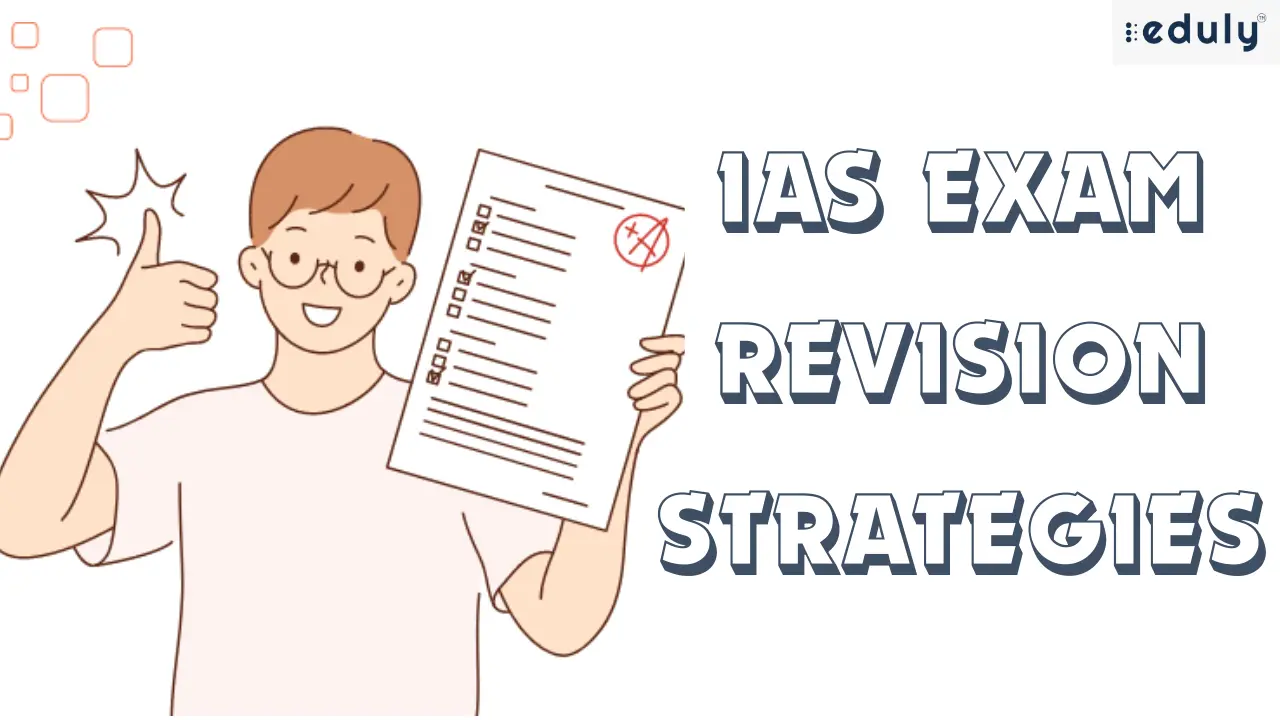Introduction
Founded as the Imperial Civil Service in 1858, the esteemed IAS Exam gained its start. The Indian Administrative Service, or IAS, was founded in 1950. The IAS holds the greatest position in terms of prestige and authority among all other Indian administrative positions. In charge of holding the IAS test every year is the Union Public Service Commission, or UPSC. Eligible individuals can receive district-level assignments or direct appointments from the Union/State administration.
Considered the permanent bureaucracy, the Indian Administrative Service (IAS) is a division of the executive department of the Indian government. Every year, thousands of aspirants from various social classes and strata seek to pass the test.
To pass the IAS exam, you are not required to take coaching programs. Here are some “tools” that will help you pass the nation’s most difficult exam. Just a well-thought-out plan and your commitment will suffice.
It brings many questions to mind like, Are coaching institutes necessary for IAS preparation? What is the purpose of IAS exams? Etc.
Understanding the IAS Exam
There are three stages to the UPSC Civil Services Exam:
- Preliminary Exam
- Main Exam
- Personality Test (Interview)
First Round: The Civil Services Two required papers (General Studies Paper I and General Studies Paper II) worth 200 points each make up the preliminary exam. Multiple-choice, objective questions will be used in the test. Only eligibility for the main exam will be determined by the prelim scores; they will not be used to determine the final ranking.
Mains: Of the nine papers that make up the written test (main), only seven will be used to determine the final merit ranking. Each year, the commission sets minimum marks for the remaining two papers that the candidate must receive.
Interview: A board member who has a copy of the candidate’s professional history in front of them will conduct the interview. Questions about topics of general interest will be posed to him or her.
The UPSC CSE is a very valuable test in India. Some have said that it is the hardest in the world because of its extensive syllabus and unpredictable nature. Yes, there is a great deal of competition and a lot of stuff to cover. One must study diligently and strategically to pass this exam.
The Emergence of Coaching Institutes
Attending coaching centers to prepare for the UPSC CSE has several benefits. Those that matter are:
Guidance and Study Material
The availability of organized study materials and professional advice is one of the main benefits of enrolling in a coaching program. Particularly for newcomers, these institutions offer specialized study materials that can be helpful. Along with a condensed UPSC syllabus, the study guide covers every subject and topic. Throughout the candidate’s preparation process, the knowledgeable instructors at any coaching institute serve as mentors.
Expert Teachers
To prevent candidates from making typical blunders, it is crucial to have an experienced and trustworthy person assist them through the preparation process. A lot of the time, these mentors are subject matter experts or former government employees. For a successful exam strategy, their advice and insights are priceless.
Doubt Clearness and Mentorship
The fact that the learner and mentor are in person is an additional advantage of enrolling in a coaching program. This makes it easier for them to give each candidate their full focus. Candidates can get their questions answered by subject matter experts during their doubt-clearing sessions.
Mock Tests and Practice
Conducting mock exams is a crucial component of UPSC preparation since it replicates the real exam setting. Therefore, it should be done sometimes. Regular mock exams are another well-known practice of coaching institutes, which enables applicants to evaluate their performance, pinpoint their advantages and disadvantages, and enhance their time management abilities.
Motivation and Collaborative Learning
It’s a like-minded community inside a coaching institute. It enhances collaborative learning and healthy competitiveness to be in an institution with like-minded hopefuls. Candidates might be inspired and kept on course during their preparation process by interacting with others who have similar aspirations.
Advantages of Coaching Institutes
1 Structured Learning
Having access to structured study materials and expert guidance is one of the key advantages of signing up for a coaching program. These institutions provide useful specialized study materials, especially for novices. The study guide includes a shortened UPSC syllabus in addition to covering all subjects and topics. Any coaching institute’s experienced instructors act as mentors to the candidate during the preparation phase.
2 Expert Guidance
These institutes have specific study materials that can be useful, especially for newbies. The study guide covers every topic and subject and includes a shortened UPSC syllabus. The experienced teachers at any coaching institute act as mentors to the candidate during the preparation phase.
3 Peer Learning and Motivation
A mentally taxing experience at times, UPSC preparation is a protracted and difficult process. A key factor in increasing candidates’ drive and self-assurance is coaching centers. Aspirants are kept focused on their goals even in the face of adversity through regular exams, constructive criticism, and ongoing mentorship support.
Criticisms and Limitations
1 Financial Burden
Financial stress is one of the main disadvantages of becoming a coach. Costs associated with study materials, coaching, and lodging can add up. This can discourage candidates from needing high-quality coaching who are struggling with money.
2 Absence of Personal Pace
There is minimal opportunity for individual pace in institutes because of the established syllabus and instructional timetable. The institute may move too slowly for some candidates, or too quickly for others, depending on their comfort level. Individualized instruction and independent study time may be hampered by this lack of flexibility.
3 Rely on coaching
An attitude of dependence may develop if one only depends on the coaching institute’s training. Even though coaching offers helpful direction, candidates must cultivate autonomous study habits and analytical abilities. The UPSC test requires innovative problem-solving and self-motivation, both of which might be hampered by an overreliance on coaching.
Best Coaching Centre for UPSC in Your City
Success Stories Without Coaching
1 Divya Tanwar
When Divya Tanwar attempted the UPSC exam in 2021, she received an All India Rank (AIR) of 438 on her first try. She had only turned 21 when she passed the exam. Her independent study and exam-taking success without outside tutoring make her story more intriguing to read.
Born in Mahendragarh, Divya Tanwar attended a government school in her hometown during her early education and has excelled academically throughout her life. She then enrolled in Mahendragrh’s Navodaya Vidyalaya.
2 Kajal Jawla
Kajal Jawla came in at number 28 in all of India. She accomplished this level without receiving any coaching. She even worked nine hours a day while being married. It was well worth the wait as she passed the UPSC exam on her fifth try.
She was employed by an MNC after completing her engineering degree and is a resident of Haryana. Ashish Malik is her spouse. In 2016, they got married.
Her greatest obstacle was time constraints because she continued to work and care for her family. Her family provided her with excellent support at every turn.
Making an Informed Decision
The independence and flexibility of self-study make it popular among UPSC candidates. Self-study has the following advantages and benefits: Aspirants can adapt their study routines to their desires, areas of strength and weakness, and other factors when they study alone. The option to select study materials, tools, and instructional strategies that best fit unique learning preferences is offered. There is a distinct learning pace for each aspirant. Through independent study, applicants can advance through known material more rapidly and devote more time to difficult subjects.
Success in the UPSC test requires striking the correct mix between self-study and UPSC coaching, while the choice to pursue either option relies on personal preferences. Many factors, such as infrastructure, study materials, faculty experience, reputation, and past results, might help candidates increase their chances of passing the UPSC. Always keep in mind that passing the UPSC exam requires a careful study strategy, commitment, and persistence.
CONCLUSION
UPSC knowledge is beneficial for applicants as they prepare for the UPSC exams. Peer learning, exams, individualized attention, study materials, and professional advice are all provided. Other drawbacks include high costs, rigid schedules, dependence on mentoring, and uneven quality.
The choice to enroll in coaching or self-study depends on a number of factors, including financial constraints and personal preferences. The tools that they have at their disposal and their preferred learning styles must be considered by applicants. Self-control, diligence, and in-depth topic knowledge are the keys to success.
No matter which route is selected, perseverance, drive, and commitment are necessary. Though it’s not the lone element in success, UPSC coaching offers assistance. In the end, whether or not a candidate succeeds will depend on how dedicated and determined they are.
Related Blogs




